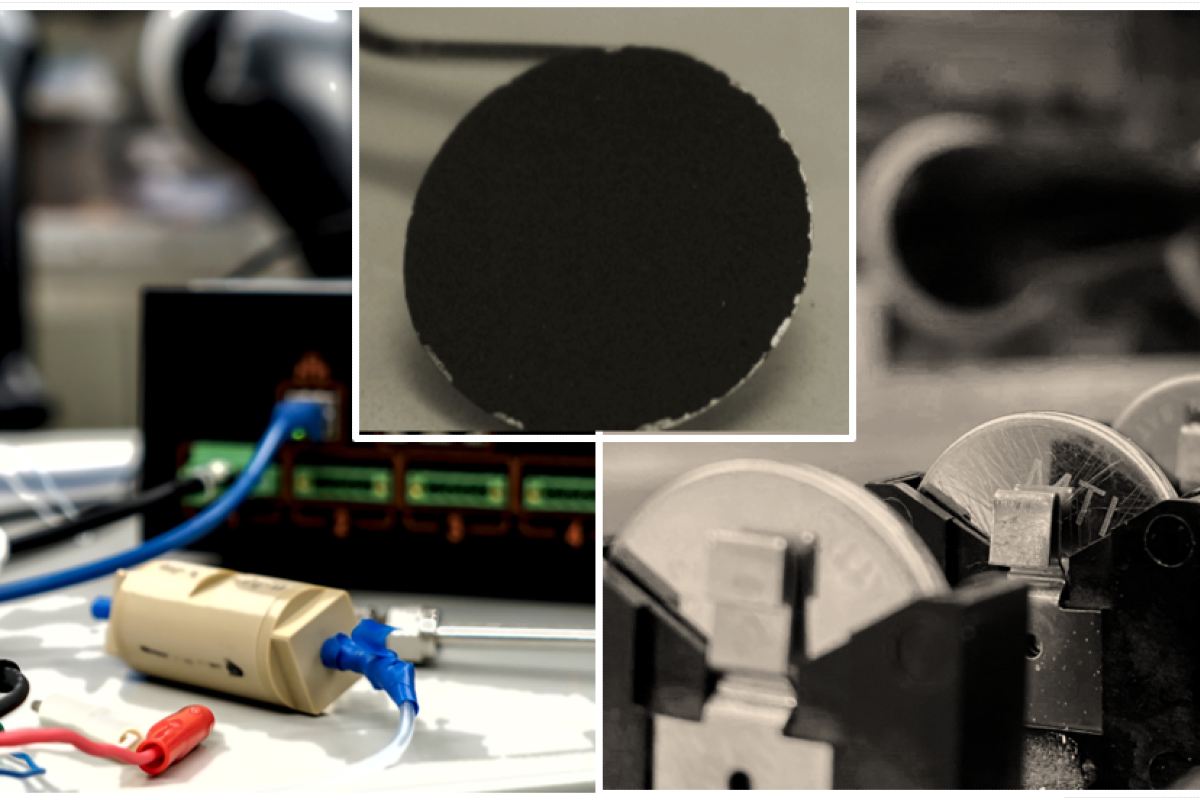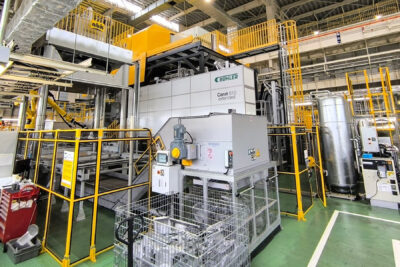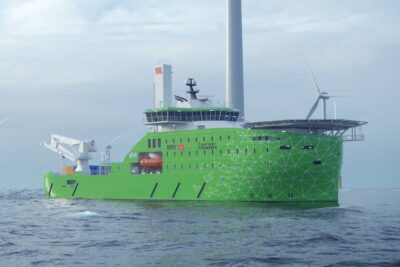Research into sodium-ion battery manufacturing processes
The aim of the research project coordinated by EAS Batteries is to transfer established processes in the production of lithium-ion cells to sodium-ion technology at an early stage. This applies in particular to the electrodes, according to an accompanying press release. NaNaBatt will run for three years and is being supported by the federal government with around 1.6 million euros. The total volume of the project is around 2.2 million euros.
Sodium-ion batteries are a technology that has re-emerged in recent years and would bring a clear cost reduction in the e-car sector. After all, the inexpensive sodium replaces lithium, which has now become very expensive. However, there is a downside: sodium-ion batteries are known to have a lower energy density.
EAS Batteries describes Na-ion batteries as the “attractive storage technology of the future”. The actual environmental impact of these batteries lies in their manufacturing processes, for example in their electricity and heating requirements.
“This is where the “NaNaBatt” project comes in and optimises the production
processes of sodium ion cells in order to create a sustainable storage technology that is on a par with lithium-ion cells in terms of performance. Although the relative energy density of sodium ion cells is lower than that of lithium-ion cells, this can be compensated for by a cell volume that is around twenty per cent higher,” the company explains.
The project participants believe that sodium-ion cells will be suitable in future as
stationary energy storage systems, as well as mobile applications. “They have safety advantages over lithium-ion cells and are expected to have a longer service life in the future, which will significantly reduce their overall costs,” writes EAS Batteries.
In the course of NaNaBatt, the initiators want to demonstrate their results in the form of large-format cylindrical cells. These should have a “state of health” of at least 90 per cent even after a thousand charging and discharging cycles. The project team intends to evaluate the processing techniques to be developed on the basis of a life cycle assessment, among other things.
“The research project will run for three years and ends on 31 October 2026. The findings will ensure the long-term further development of German battery cell production. New expertise will strengthen Germany as an industrial location and the products developed will open up new markets,” the report concludes.
In China in particular, the major players are indeed increasingly turning to sodium-ion batteries: BYD and Huaihai recently signed a contract to build a plant for sodium-ion batteries in China with an annual capacity of 30 GWh. CATL is also planning to produce sodium-ion cells from 2023, as is the Chinese start-up Zoolnasm from 2024. In Europe, only the Swedish battery cell manufacturer Northvolt has so far announced its entry into the sodium-ion battery business.





1 Comment